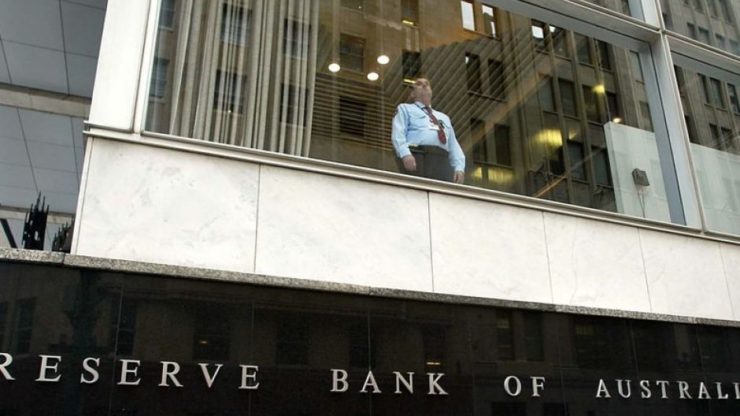The Australian Dollar (AUD) and the ASX 200 are experiencing heightened volatility as investors brace for the Reserve Bank of Australia’s (RBA) upcoming interest rate decision. Scheduled for release in Sydney, this decision could have significant implications for both the currency and the stock market.
Market participants are on edge as they await the RBA’s announcement, which is expected to address ongoing inflation concerns and economic growth forecasts. The decision comes at a critical time, with the AUD/USD exchange rate and the ASX 200 index both showing signs of instability in recent sessions.
RBA’s Monetary Policy Under Scrutiny
The RBA, led by Governor Philip Lowe, has been under pressure to navigate the complex economic landscape shaped by post-pandemic recovery efforts and global financial fluctuations. With inflationary pressures mounting, the central bank’s stance on interest rates is being closely watched.
Historically, the RBA has maintained a cautious approach, balancing the need to support economic growth while keeping inflation in check. However, recent data from the Australian Bureau of Statistics indicates that inflation rates are edging higher, prompting speculation about a potential rate hike.
Global Influences and Domestic Pressures
The RBA’s decision is not occurring in a vacuum. Global economic conditions, particularly the policies of the Federal Reserve in the United States, are influencing Australia’s monetary policy. The Fed’s recent moves to tighten monetary policy have put additional pressure on the RBA to consider similar actions.
Domestically, the Australian economy is showing mixed signals. While employment figures remain robust, consumer spending has shown signs of slowing, raising concerns about the sustainability of economic growth.
Market Reactions and Predictions
Financial markets are reacting with caution. The AUD/USD pair has experienced fluctuations, reflecting investor uncertainty about the RBA’s next steps. Similarly, the ASX 200 has seen volatile trading sessions as market participants weigh the potential outcomes of the rate decision.
According to analysts at the Commonwealth Bank of Australia, a rate hike could provide a temporary boost to the AUD, but it may also lead to increased borrowing costs, potentially dampening consumer spending and business investment.
“A rate hike could stabilize the AUD in the short term, but the long-term effects on the economy remain uncertain,” said a senior economist at the bank.
Implications for the Australian Economy
The RBA’s decision will have far-reaching implications for the Australian economy. A rate increase could signal confidence in the economic recovery, but it may also pose challenges for sectors reliant on low borrowing costs.
Meanwhile, businesses and consumers are bracing for the potential impact of higher interest rates. Companies with significant debt may face increased financial strain, while consumers could see higher mortgage and loan repayments.
As the RBA prepares to announce its decision, all eyes are on how it will balance these competing pressures. The outcome will not only influence the immediate market dynamics but also set the tone for Australia’s economic trajectory in the coming months.
Investors, economists, and policymakers alike will be closely monitoring the RBA’s statement for insights into future monetary policy directions. The decision will likely serve as a barometer for the central bank’s confidence in the nation’s economic resilience.
 Top Facial Sunscreens to Protect Your Skin This Summer
Top Facial Sunscreens to Protect Your Skin This Summer Search Intensifies for Missing Teen Lucy Spence in Northern Ireland
Search Intensifies for Missing Teen Lucy Spence in Northern Ireland HMRC Urges Early Tax Filing for Side Hustlers Exceeding £1,000 Earnings
HMRC Urges Early Tax Filing for Side Hustlers Exceeding £1,000 Earnings Rare Galaxy Strawberry Chocolate Bar Spotted for 99p in UK Shops
Rare Galaxy Strawberry Chocolate Bar Spotted for 99p in UK Shops Marmite Peanut Butter Returns to Shelves After Discontinuation
Marmite Peanut Butter Returns to Shelves After Discontinuation